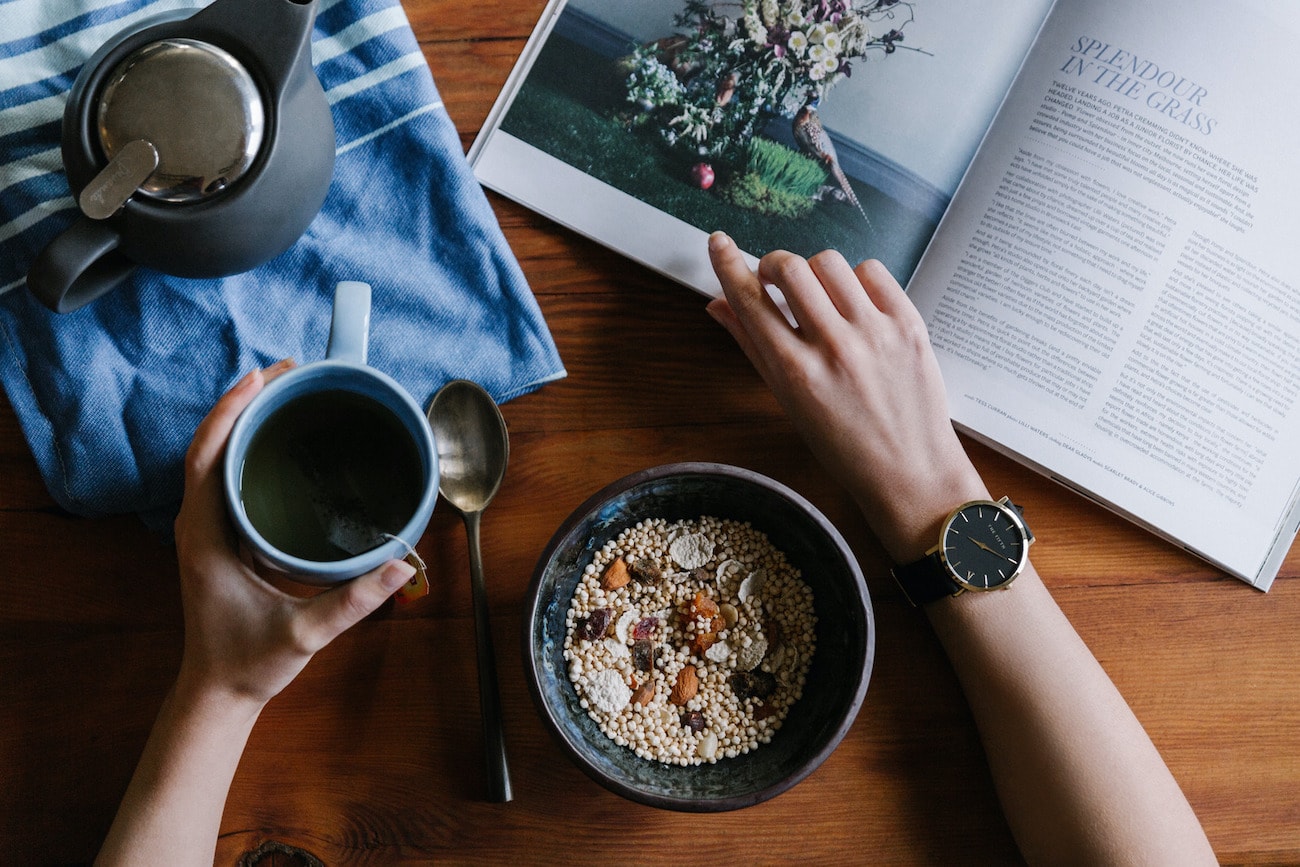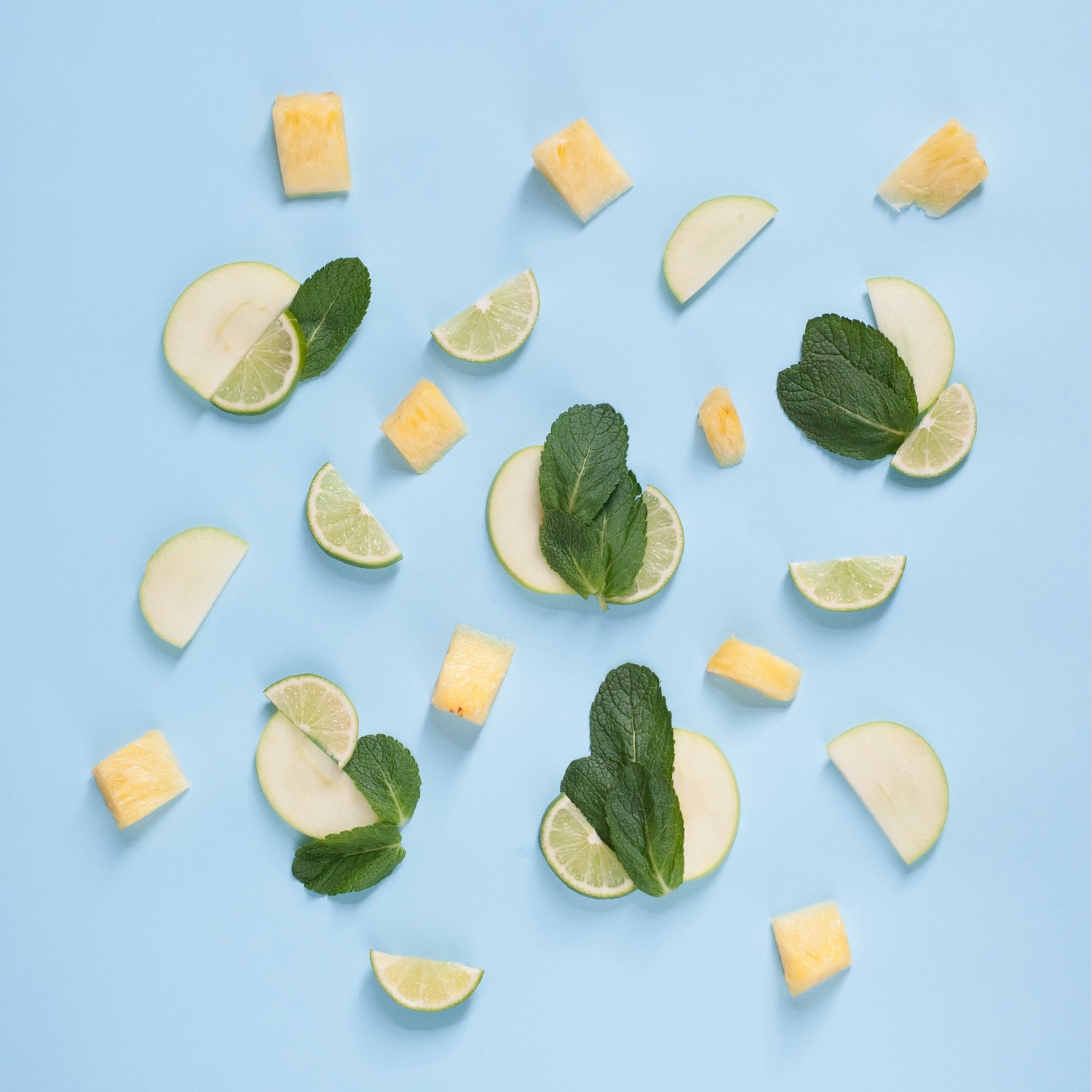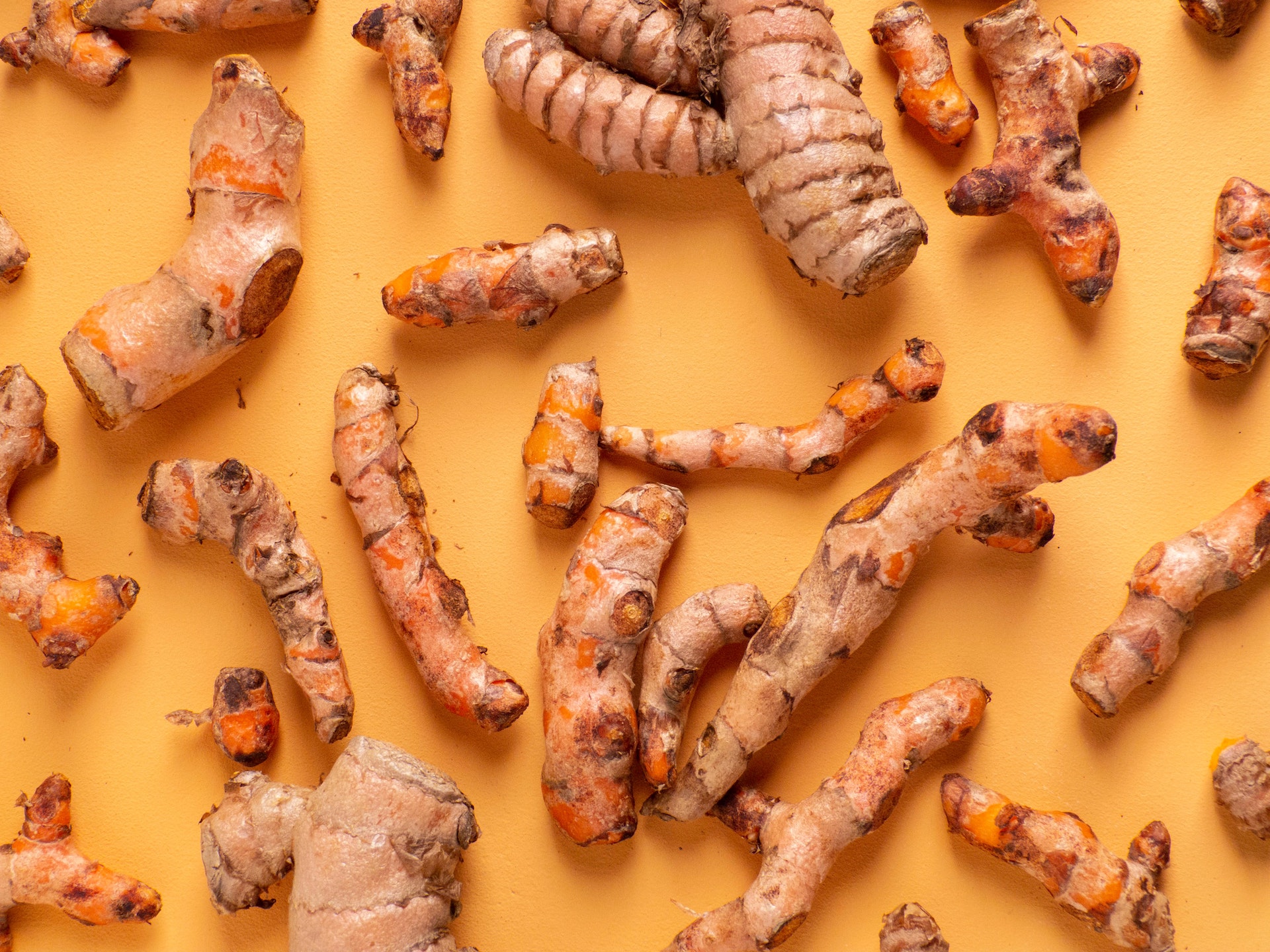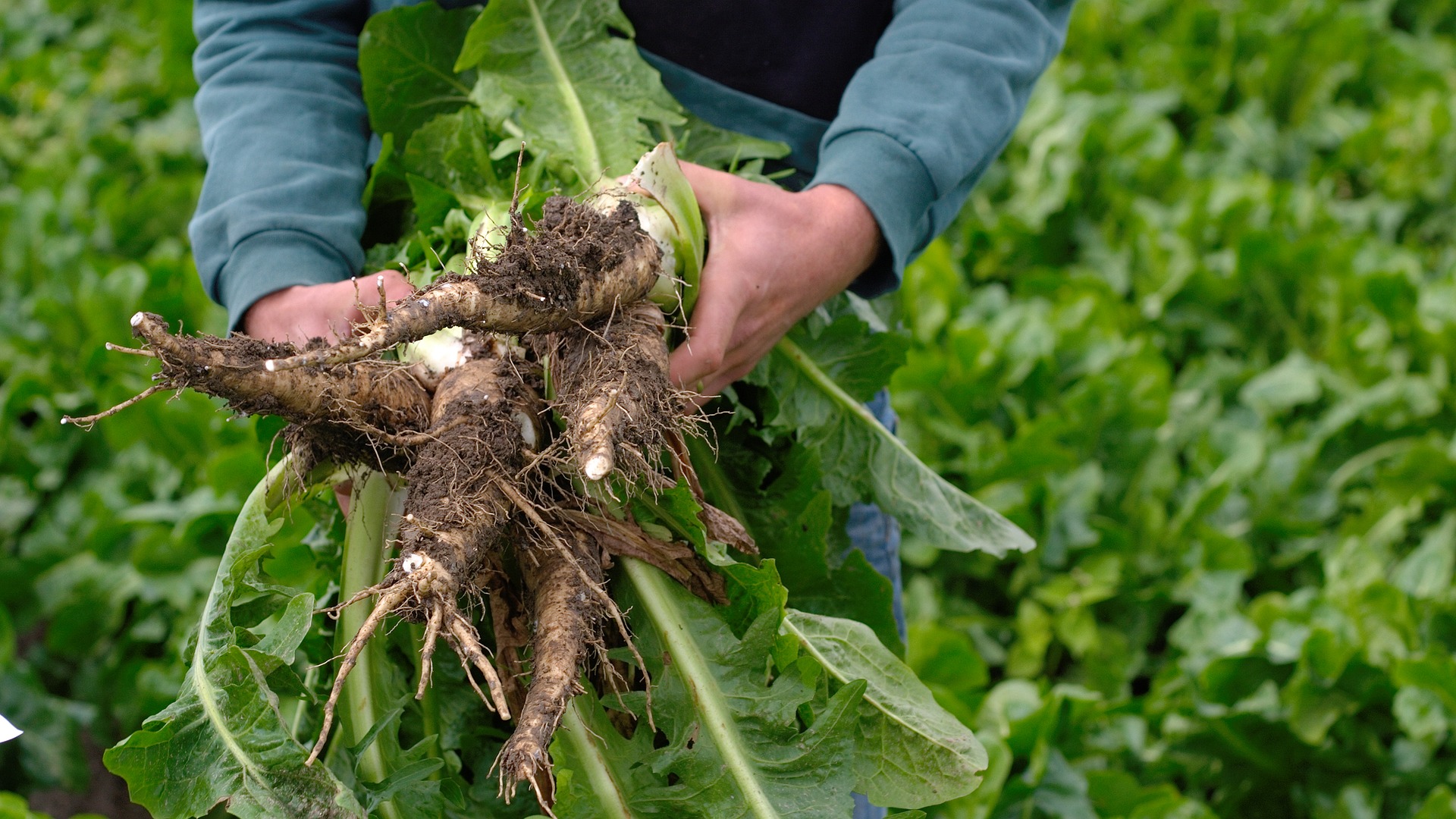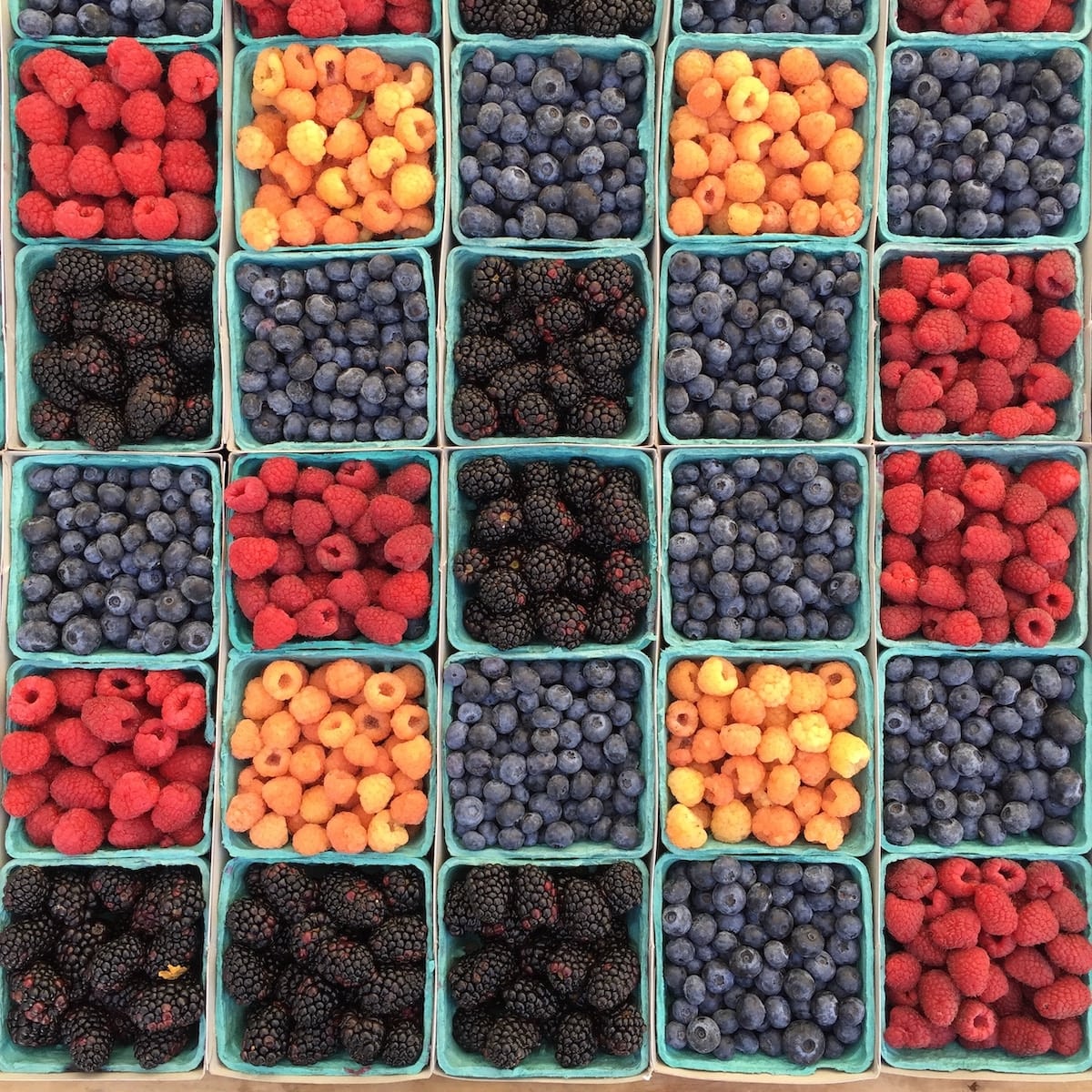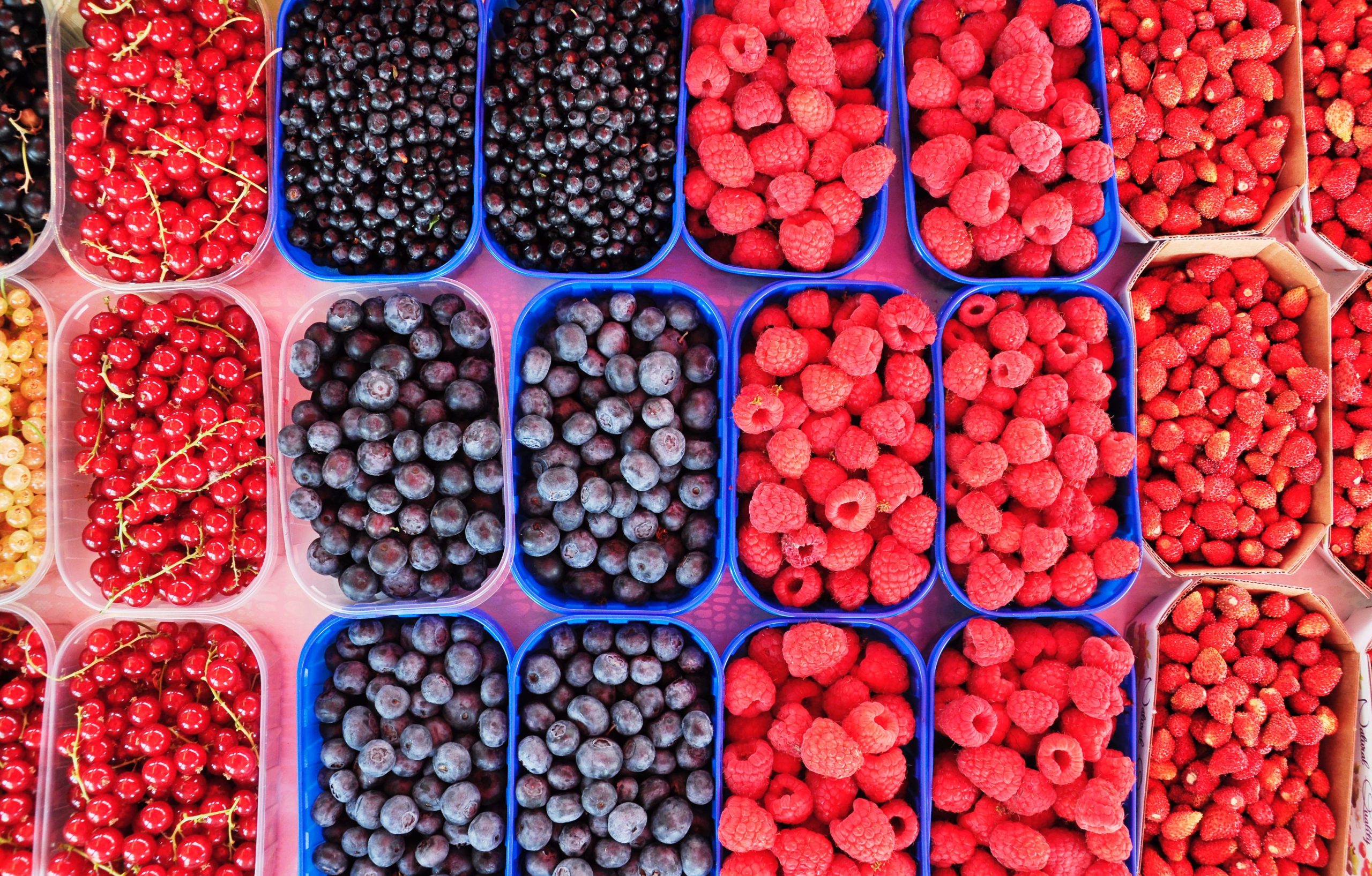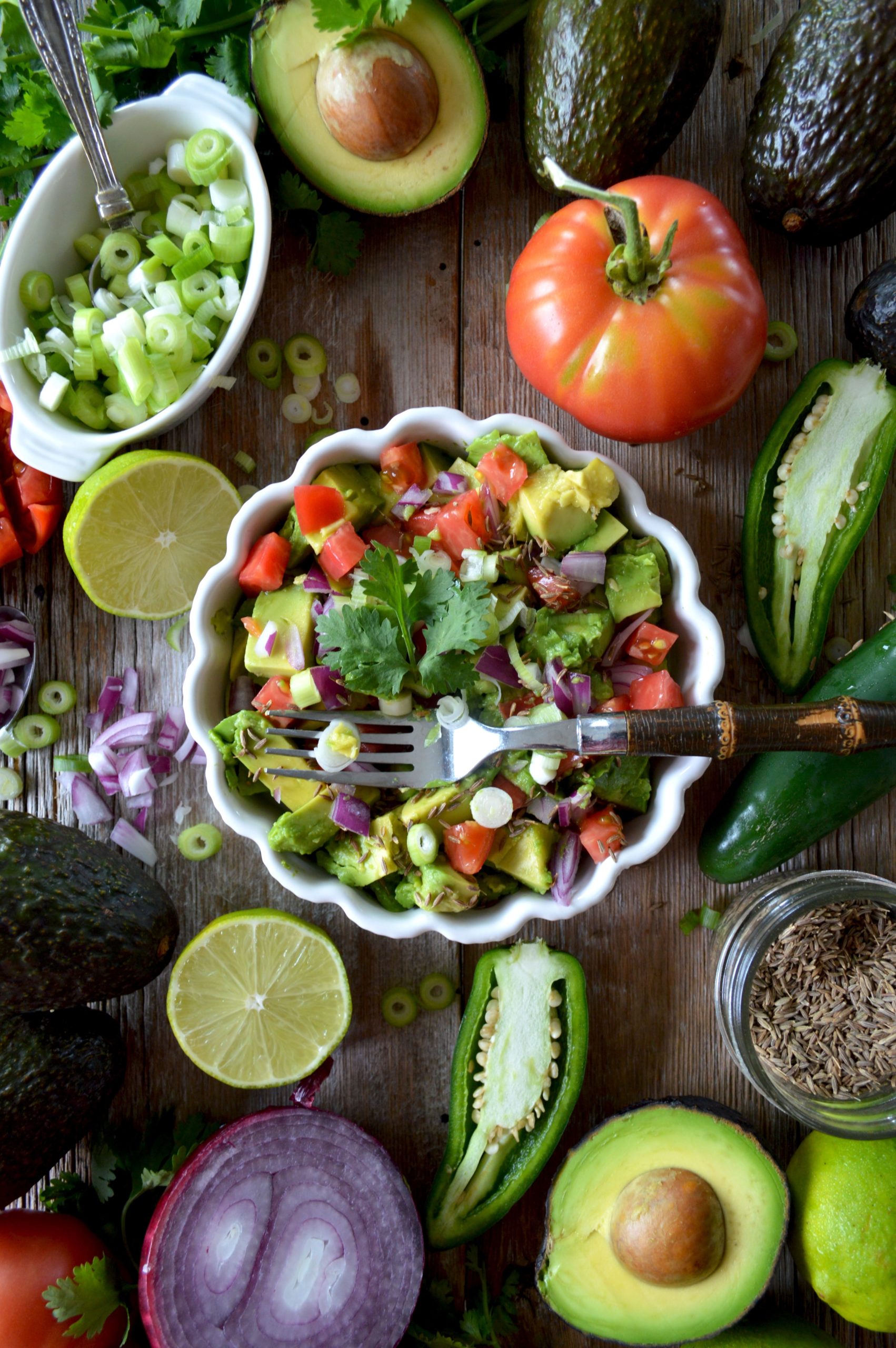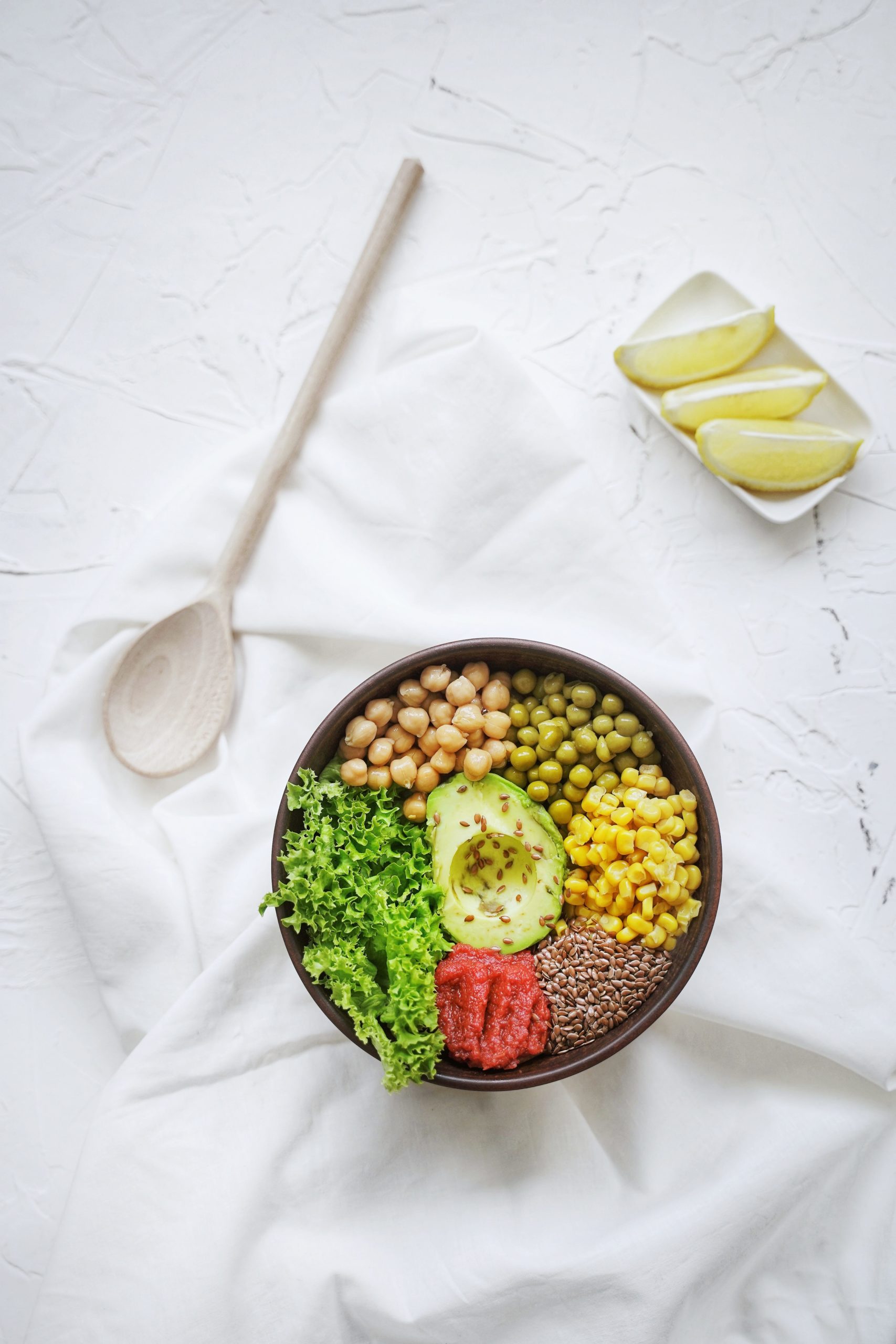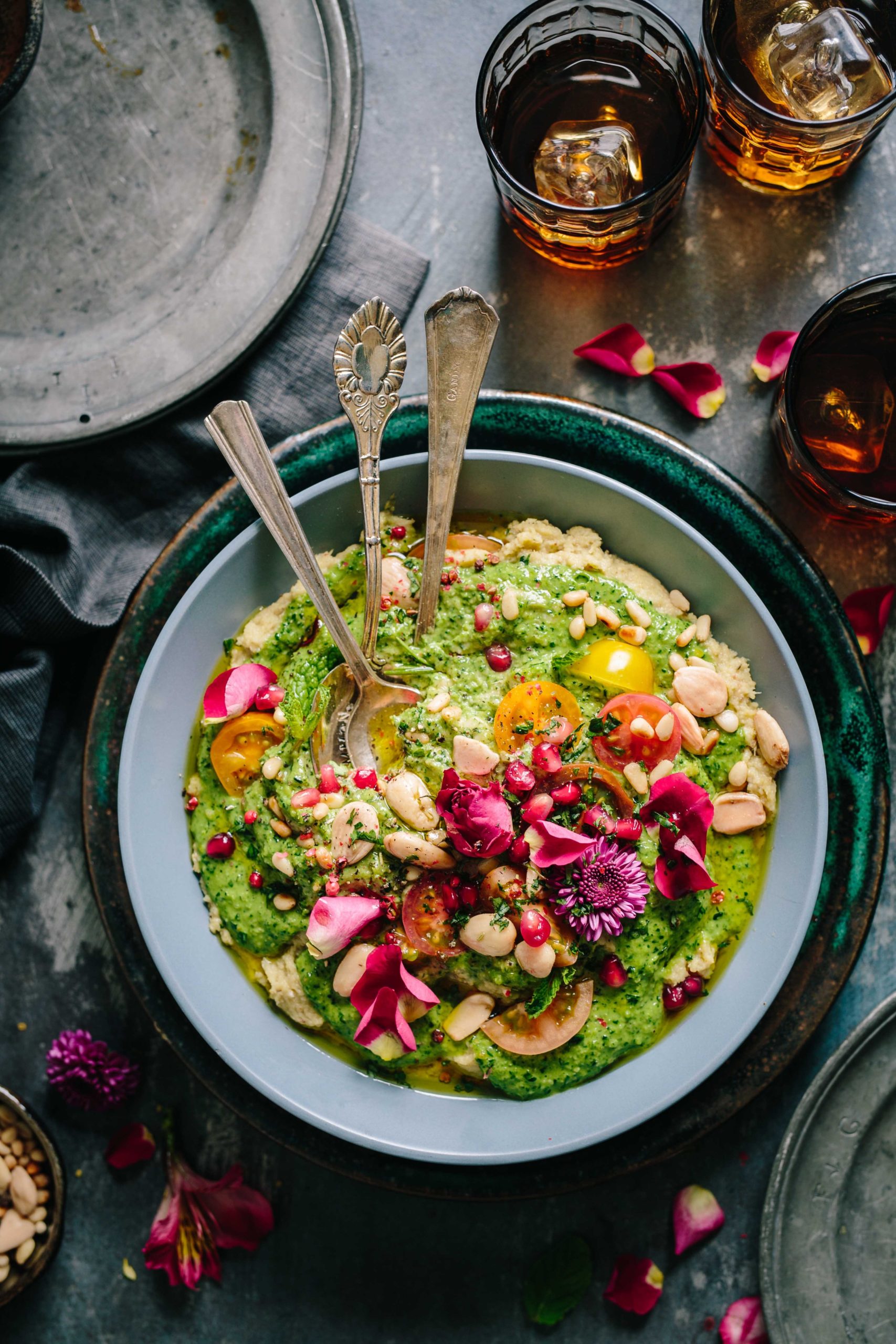Making the most of being stuck at home
The effects of the COVID-19 outbreak are being felt on a global scale. School closures, empty supermarkets, self-isolation requirements and the transition into remote work is a reality for many of us.
While staying at home may feel like an intimidating thing, it doesn’t have to be. There are many ways to stay healthy and positive during this time of self-isolation.
Ways to stay healthy while practicing self-isolation and social distancing
Food
A healthy gut microbiome makes for a healthier you. Eating nutritious food when stuck at home will help to keep both your mind and your body healthy.
On your next trip to the supermarket – whether you are going yourself or having someone deliver your food to you – plan out the groceries you need in advance. This will help to avoid panic-buying and ensure that you’re only getting what you need.
When buying grains, canned goods or frozen food, choose those that are mostly (or entirely) unprocessed and low in unhealthy ingredients like added sugars, additives, and preservatives.
Head to the fresh produce section and pick up an assortment of fruits and vegetables – there is plenty you can chop up and keep in the freezer for a few months at a time.
Turmeric & Ginger
Turmeric and ginger contain many beneficial properties that could help to keep you healthy while you’re isolating at home.
One study shows that fresh ginger could possibly contribute to fending off a viral infection, while another suggests that the curcumin in turmeric may help to inhibit airway inflammation. These spices also both act as a natural anti-inflammatory, which is another one of the many health benefits of turmeric and ginger.
Drinking ginger tea or adding turmeric to your meals is a great way to incorporate these nutritious spices into your everyday diet.
Please note that turmeric and ginger will not protect you from COVID-19, but they will help to keep you in optimal health.
Exercise
While being stuck at home can make sitting around and being inactive an easy thing to do, exercising where you can is important.
If you are not sick and don’t have to self-quarantine, you can still go for a walk or a cycle outside, so long as you practice social-distancing. However, if you’d rather stay home, there are plenty of ways to keep active.
You can clear some space in the living room, lay down a towel if you don’t have a mat, and follow along with a yoga tutorial on YouTube. If you need an alternative to weights, you can use full water or milk bottles.
There are also many exercises you can do that don’t require any equipment at all, including squats, wall-sits, planks, mountain climbers, sit-ups, push-ups, star jumps – the list goes on. Gardening or cleaning are both excellent ways to incorporate movement into your daily routine.
Cleaning also doubles as an important hygiene practice – wiping down high-touch objects like light switches, doorknobs and taps is a good way to keep bad germs out of the house. Don’t forget to clean frequently used items, like your phone, wallet, and keys, too!
Keep your mind and body active, healthy and positive
Practicing a healthy lifestyle while stuck at home is something that all of us can do. An active mind and body make for a healthy person, which is an important way to be during this time.
There are some pretty fun ways to keep yourself and your family entertained, too! You can read books, cook, bake, do puzzles, catch up on TV shows, craft and have movie marathons. The list is endless!
Keeping healthy and maintaining a positive attitude will give you the strength to help others in need and see this through together as a community.

